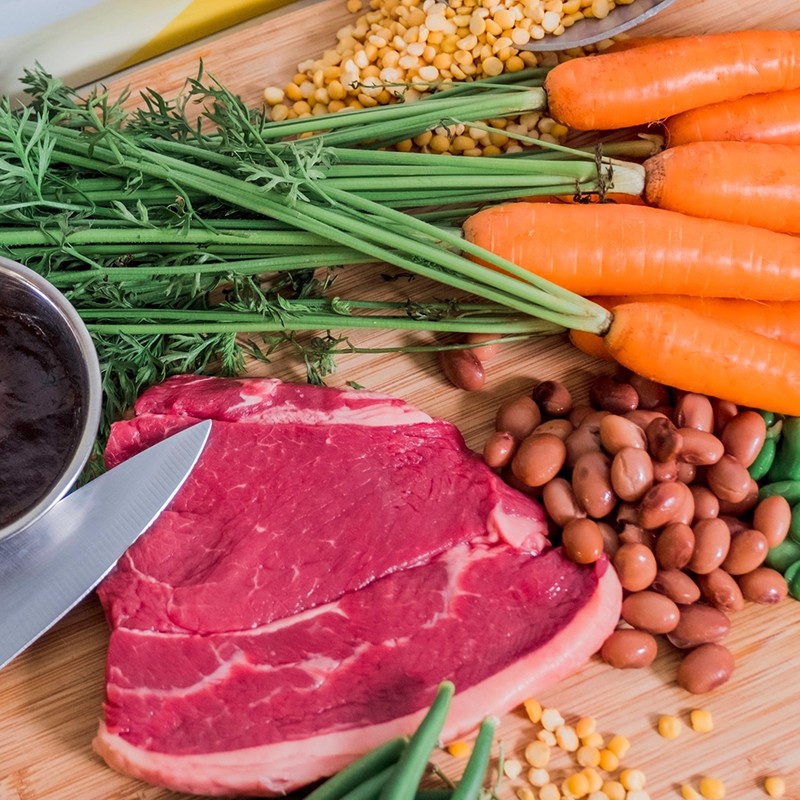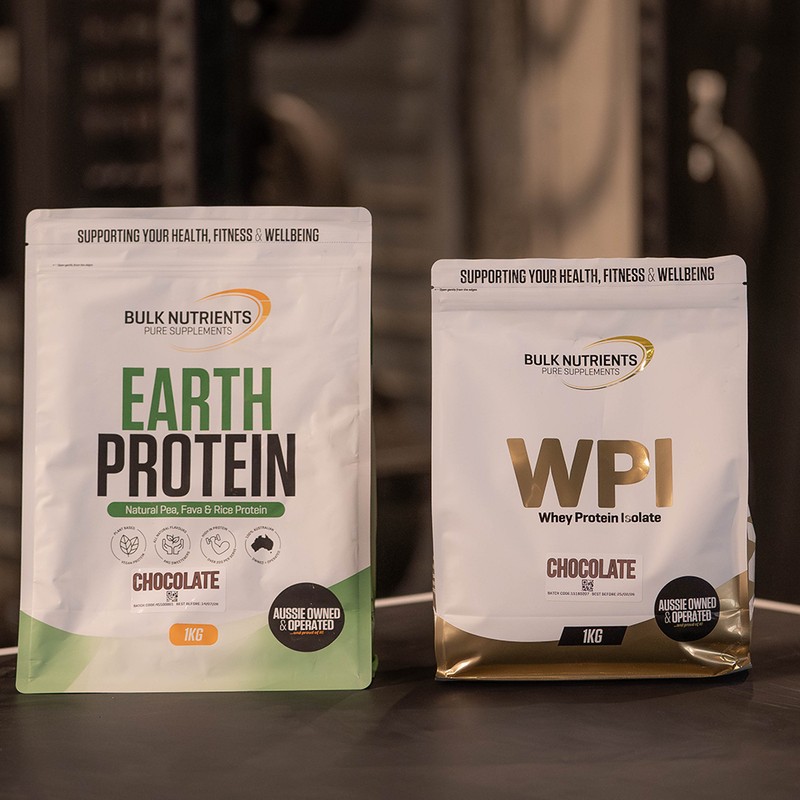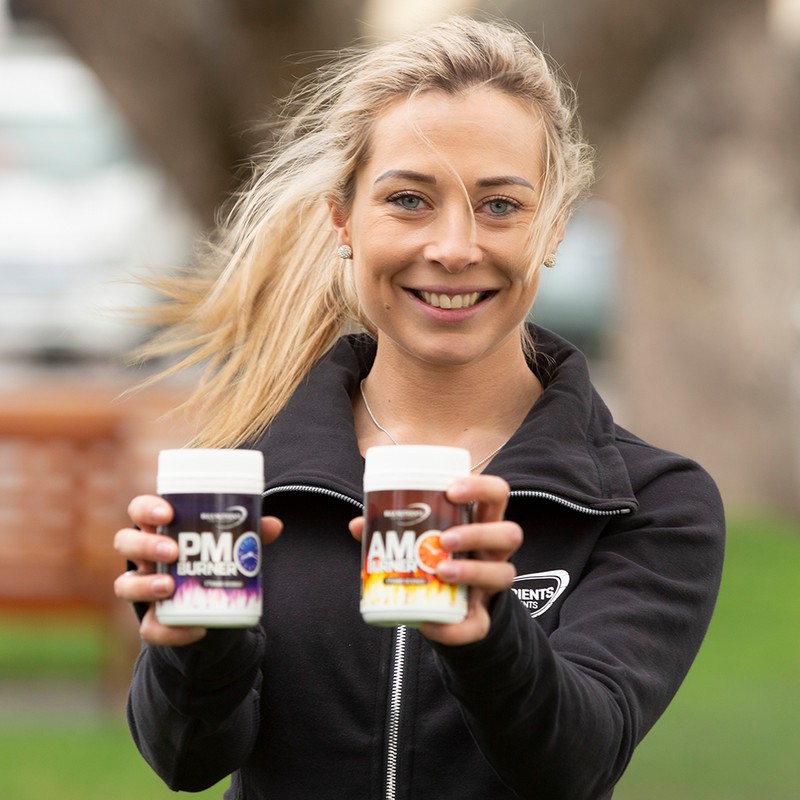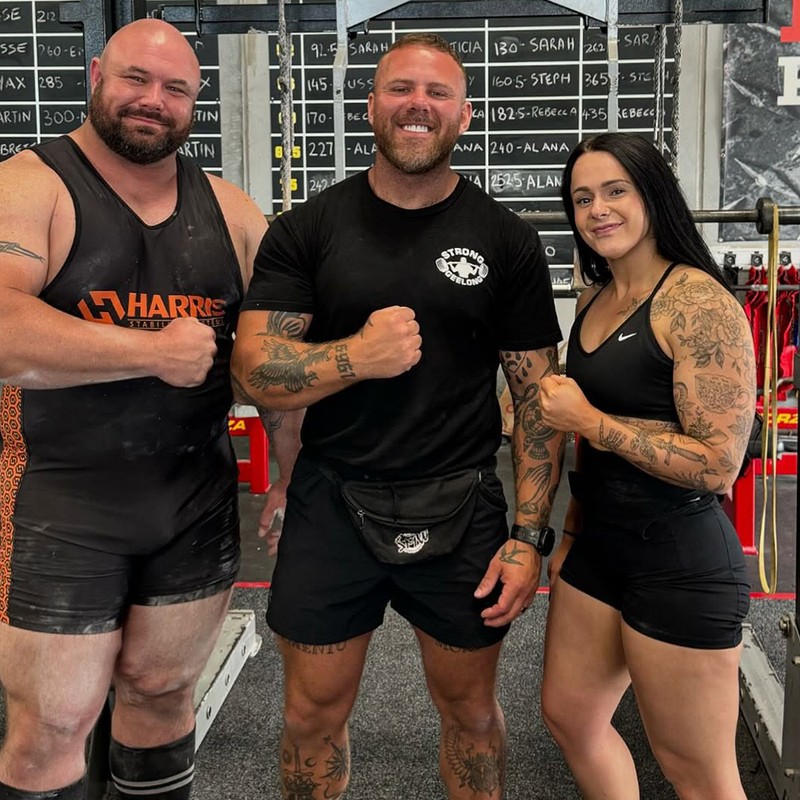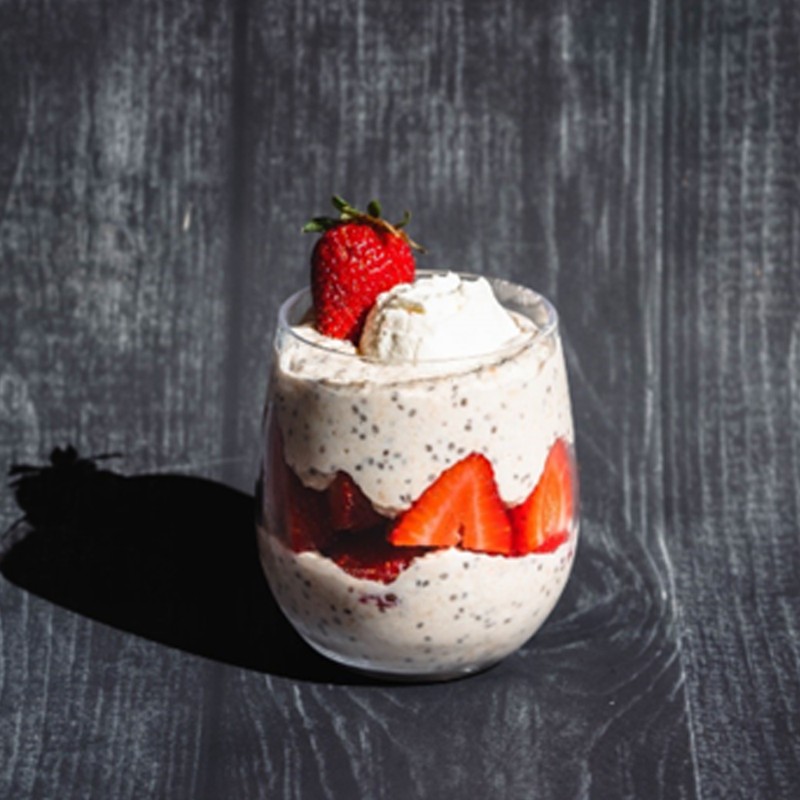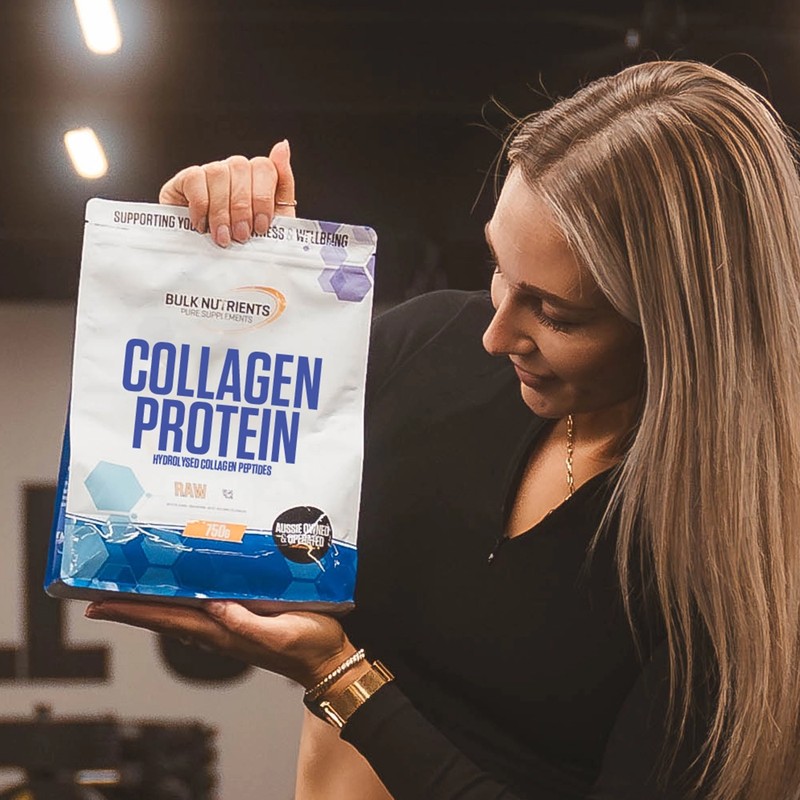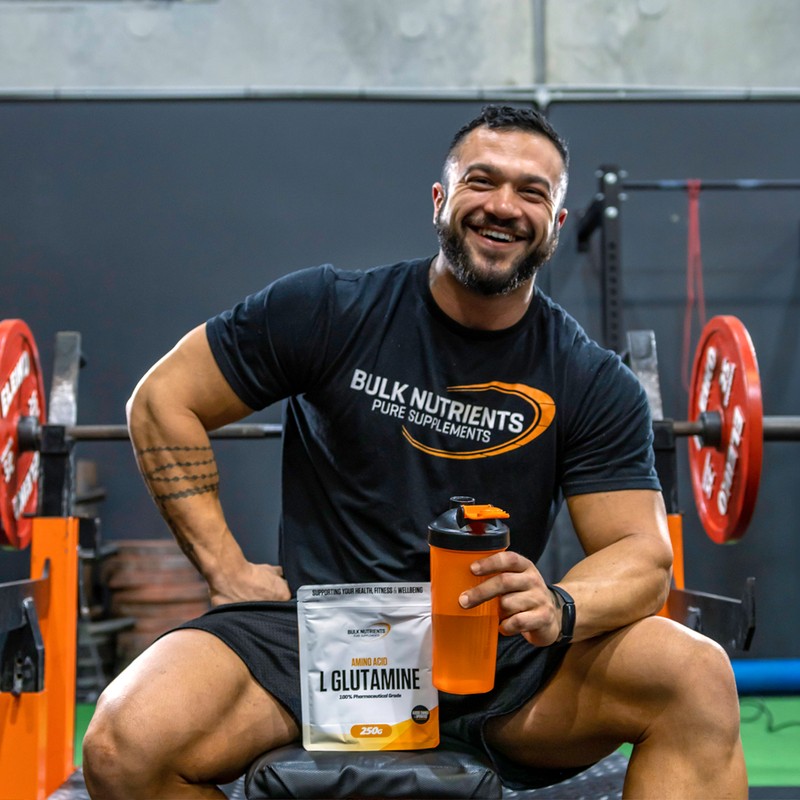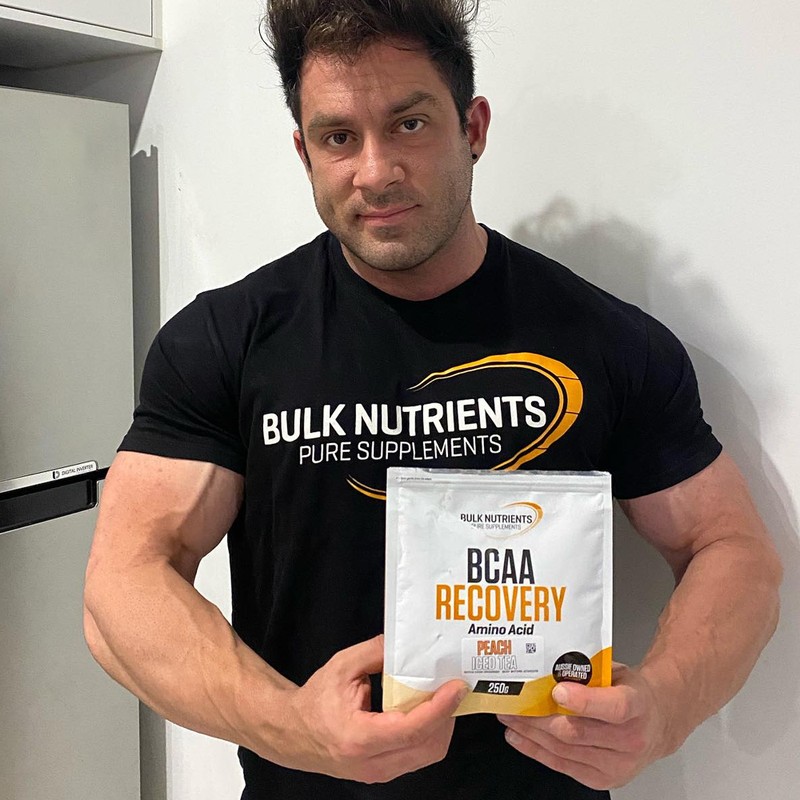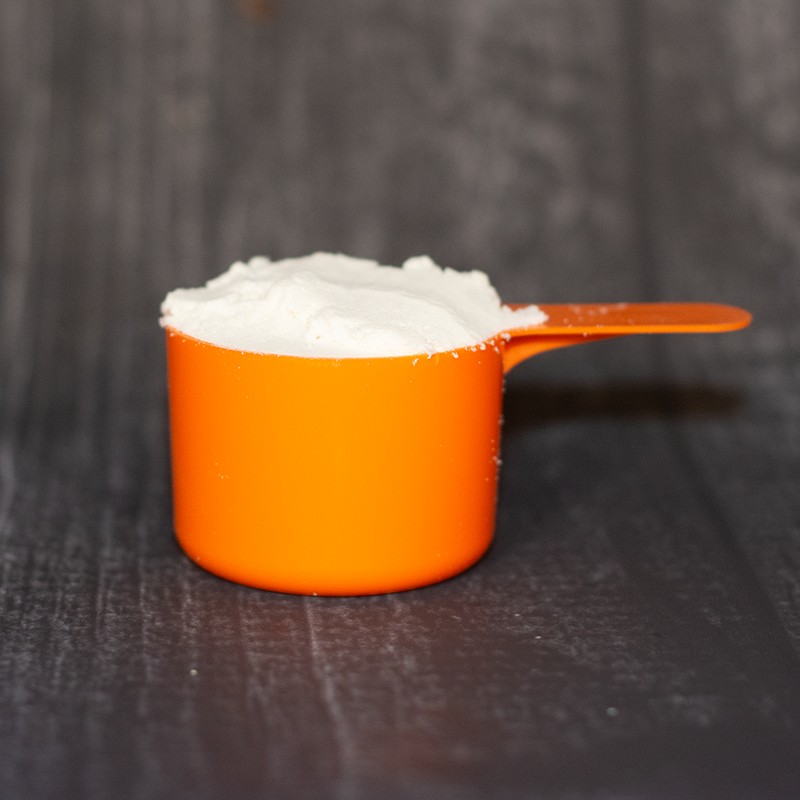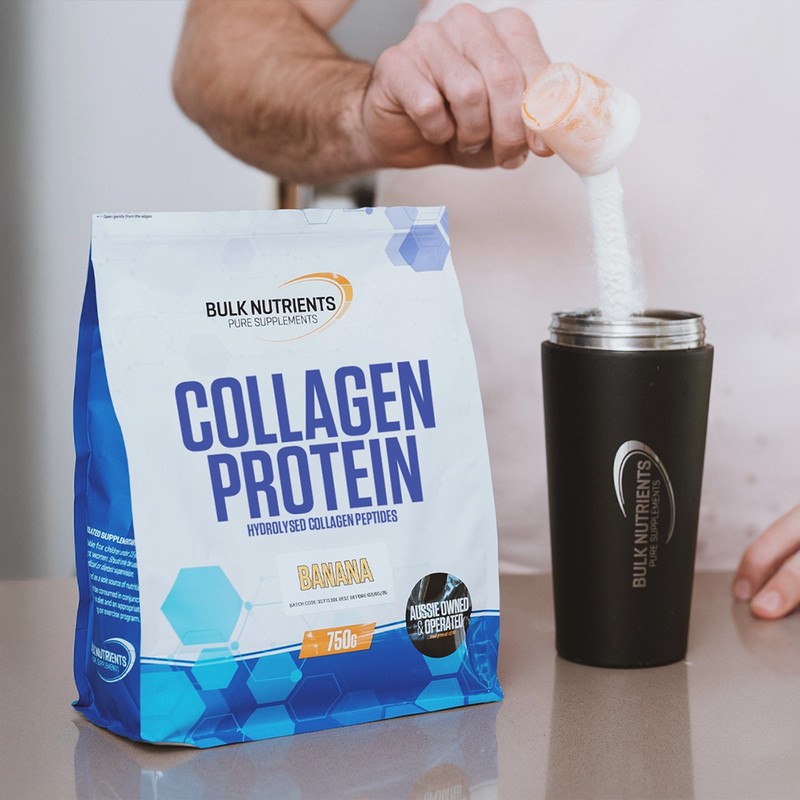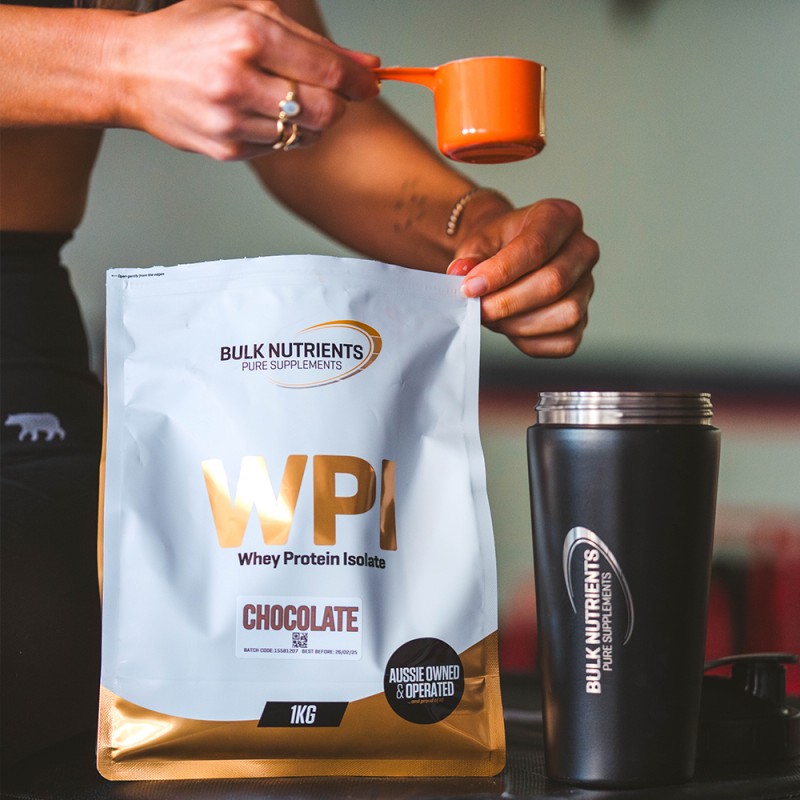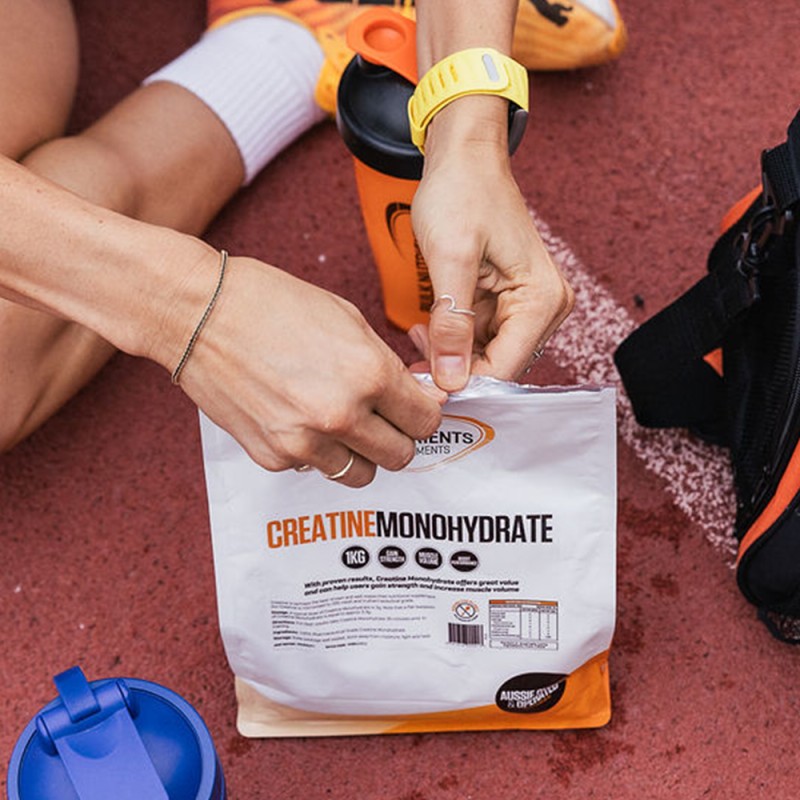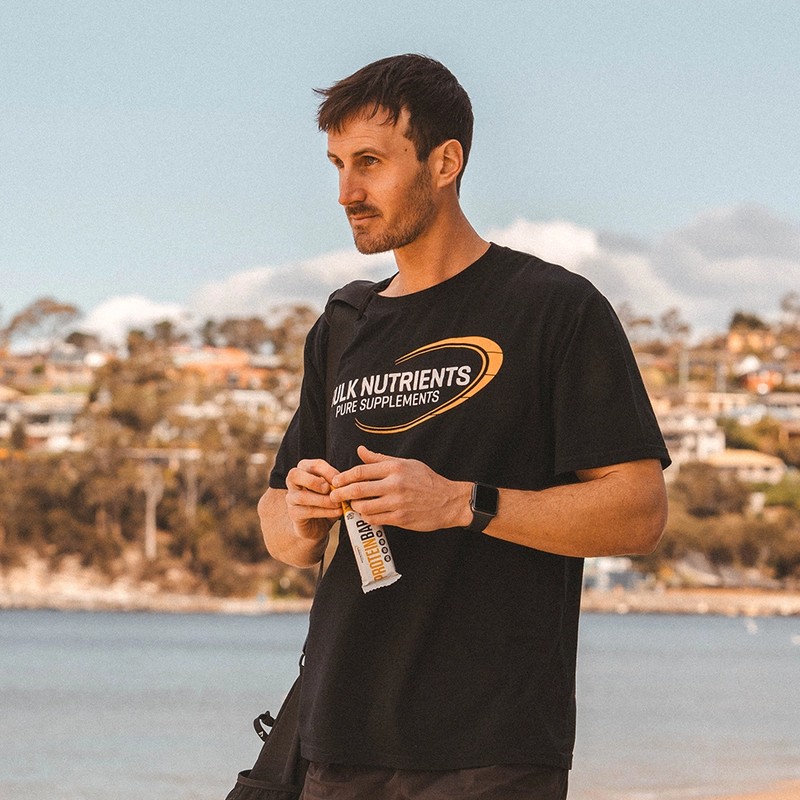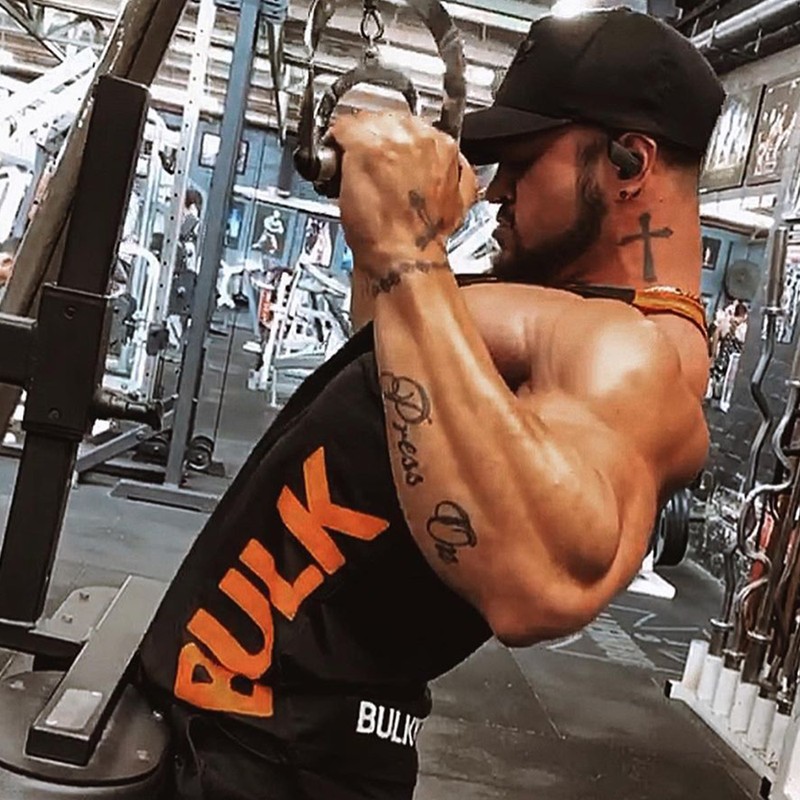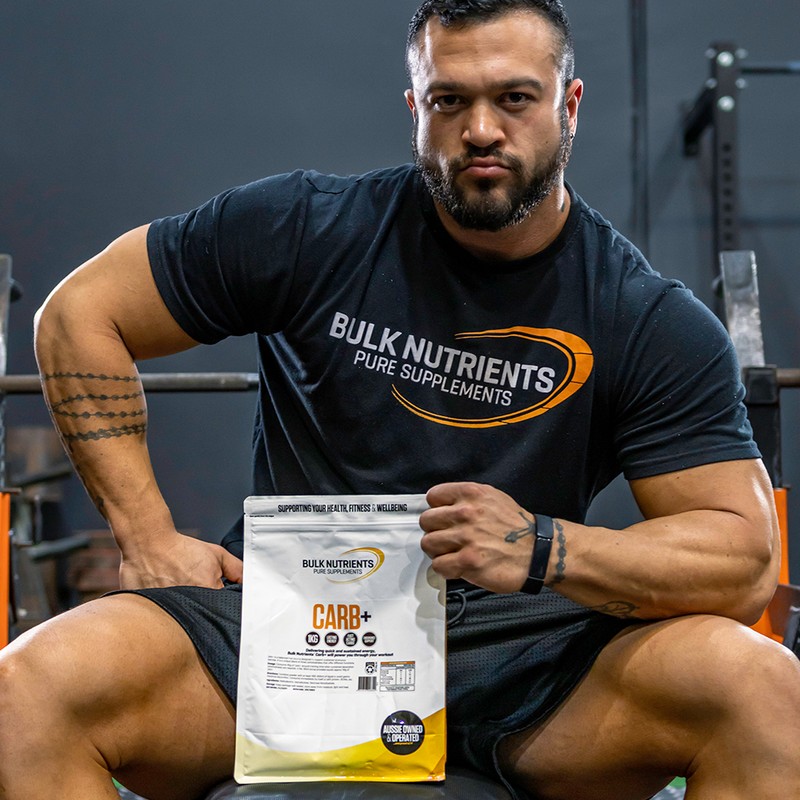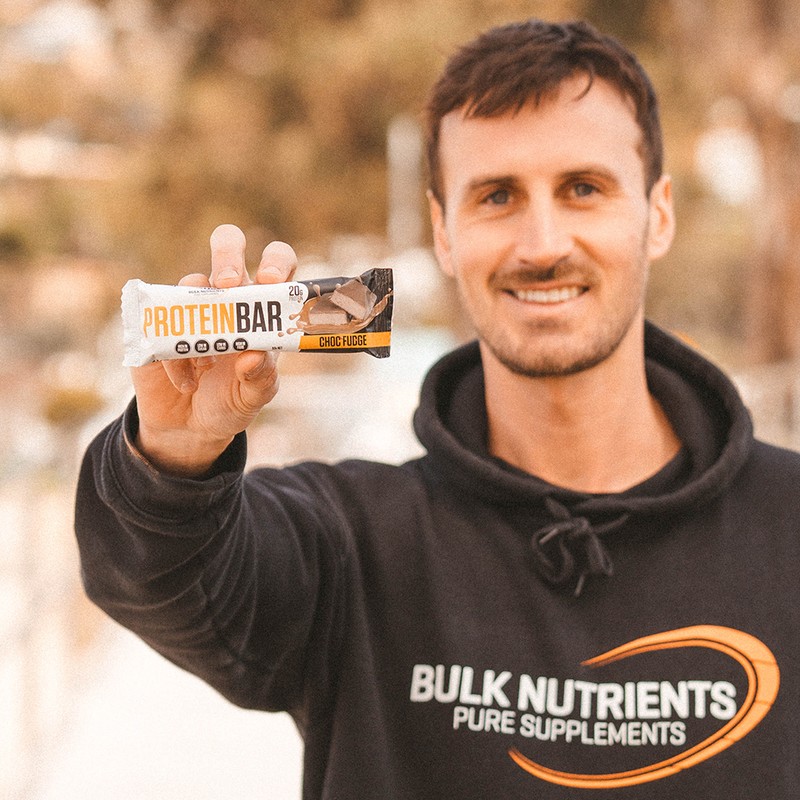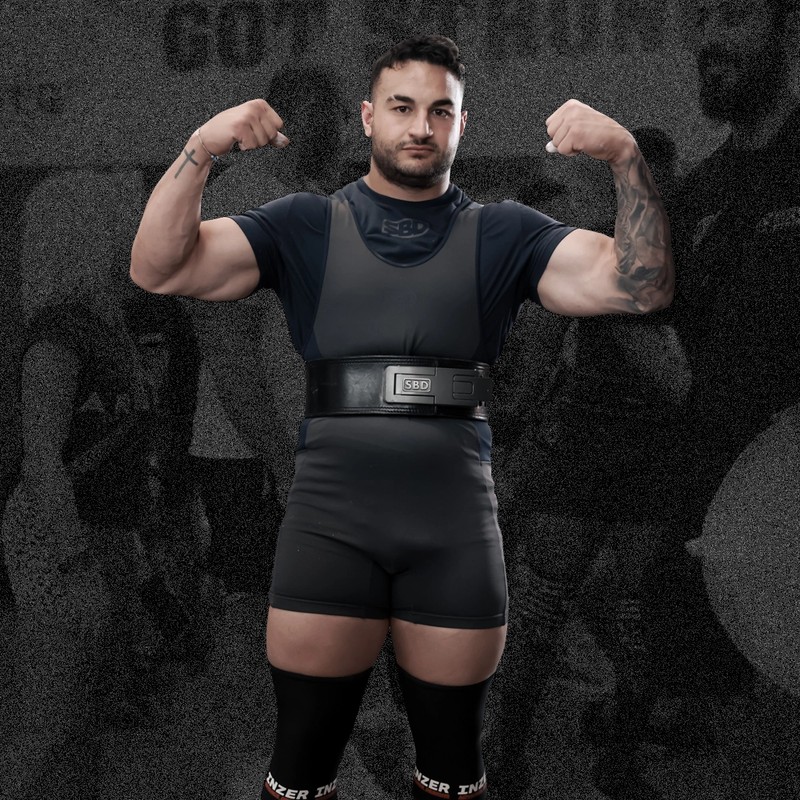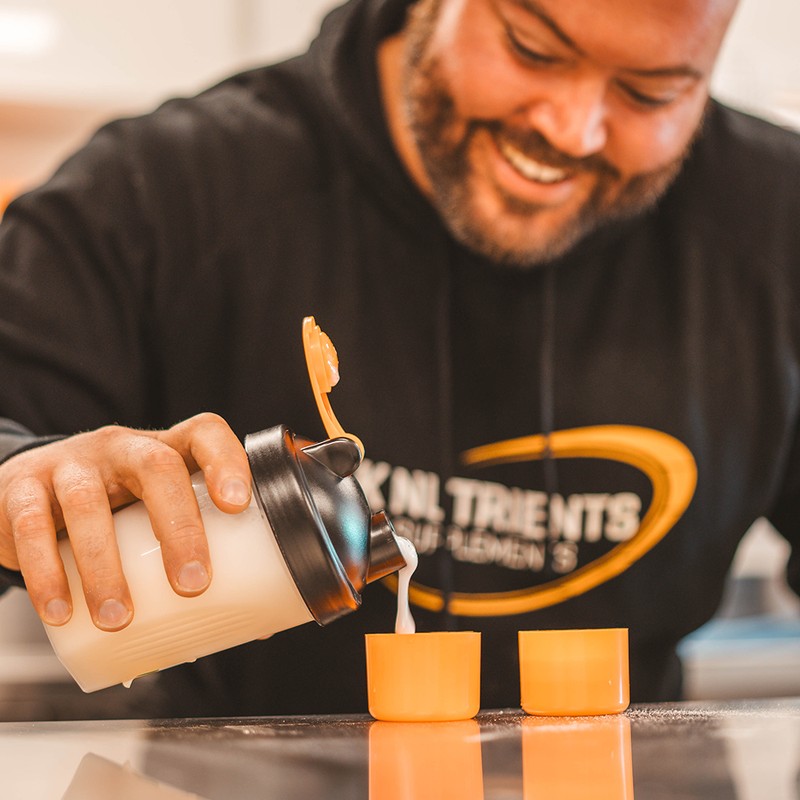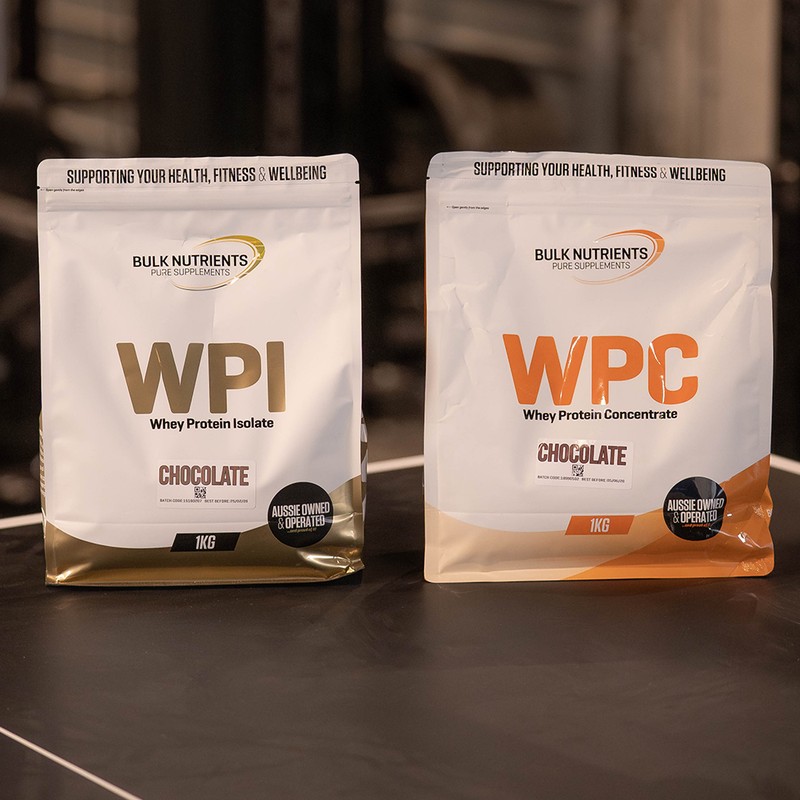How to Build a High-Protein Diet Without Supplements

Why Protein Matters for Muscle Growth
Protein is the cornerstone of muscle growth. Every time you train—especially with resistance or weights—you create tiny tears in your muscle fibres. Protein steps in to repair and rebuild them, making muscles stronger and more resilient over time.
But protein’s role doesn’t stop there. It supports hormone production, strengthens your immune system, and even helps with appetite control, keeping you fuller for longer (handy if you’re trying to manage weight). Choosing whole-food protein sources gives you extra nutrients like vitamins, minerals, and healthy fats, making them a sustainable way to fuel your body.
How Much Protein Do You Really Need?
Most active people thrive on 1.6–2.2 grams of protein per kilogram of body weight each day. For example, if you weigh 70kg, that’s roughly 112–154g daily.
Your personal needs depend on factors like age, training intensity, recovery demands, and overall diet. Start with the range above, then adjust based on how your body responds—more if you’re pushing hard in the gym, slightly less if you’re just maintaining.
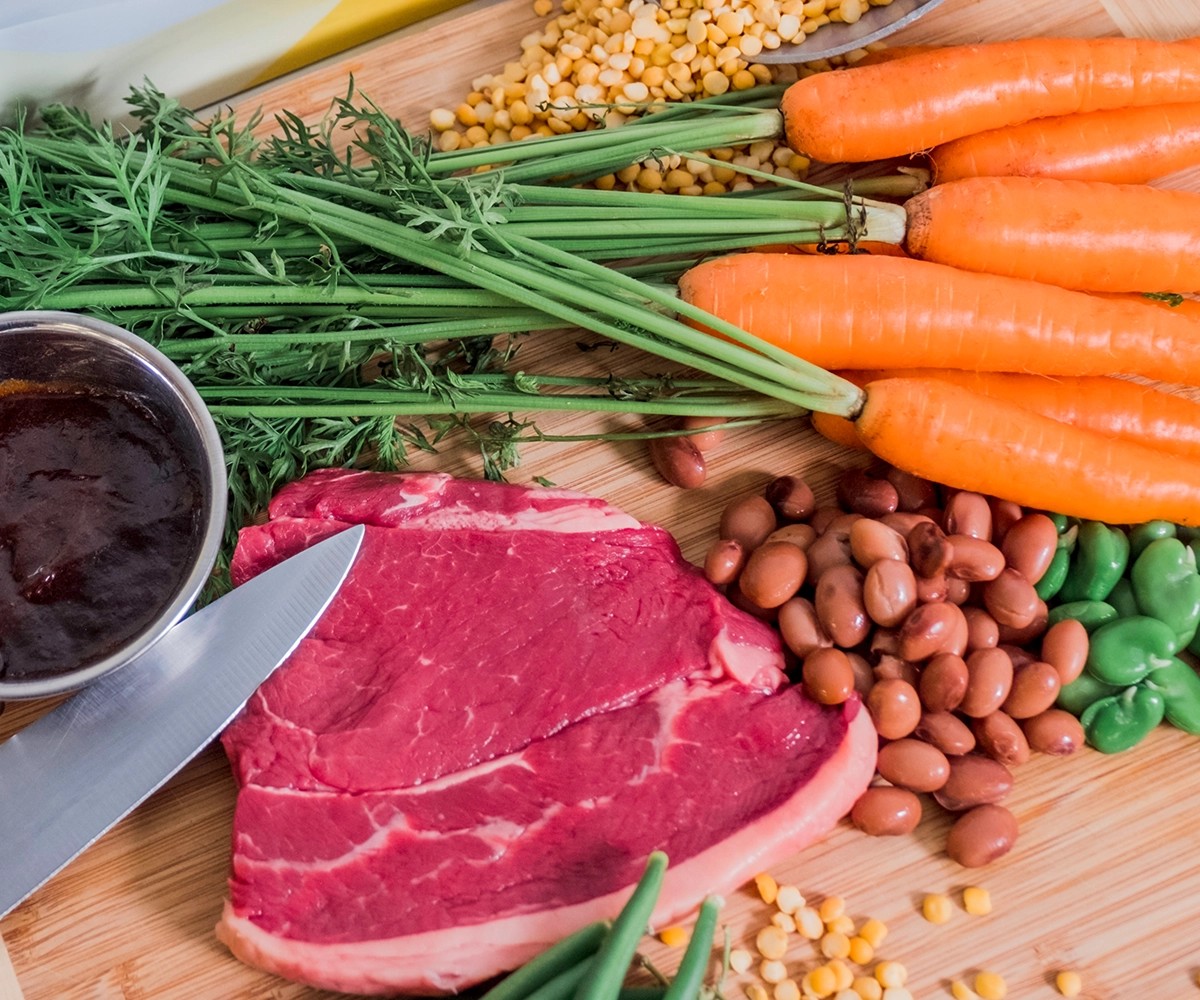
Top Whole-Food Protein Sources
Supplements are convenient, but whole foods should be the foundation of your diet. They deliver protein plus valuable micronutrients and are easy to build into everyday meals.
Animal-Based Proteins
These are complete proteins, meaning they contain all nine essential amino acids your muscles need:
- Lean meats: Chicken breast, turkey, and lean beef are high in protein and low in fat. A 100-gram serving of chicken breast packs about 31 grams of protein.
- Eggs: Nature’s multivitamin! One large egg has about 6 grams of protein and can be cooked in countless ways.
- Dairy products: Milk, cheese, and Greek yoghurt are rich in protein and calcium. Greek yoghurt offers around 10 grams of protein per 100 grams.
These animal-based proteins can help you meet your needs without supplements.
Plant-Based Proteins
Perfect for vegans and vegetarians—or anyone wanting variety:
- Beans and legumes: Lentils, chickpeas, and black beans are high in protein and fibre. A cup of cooked lentils provides about 18 grams of protein.
- Soy products: Tofu, tempeh, and edamame are excellent sources. Tofu offers around 8 grams of protein per 100 grams.
- Nuts and seeds: Almonds, chia seeds, and pumpkin seeds are protein-rich and full of healthy fats. A handful of almonds (about 28 grams) contains around 6 grams of protein.
Mixing different plant-based proteins ensures a balanced intake of all essential amino acids.
Pro tip: Mixing plant proteins (like rice and beans) ensures you’re covering all essential amino acids.
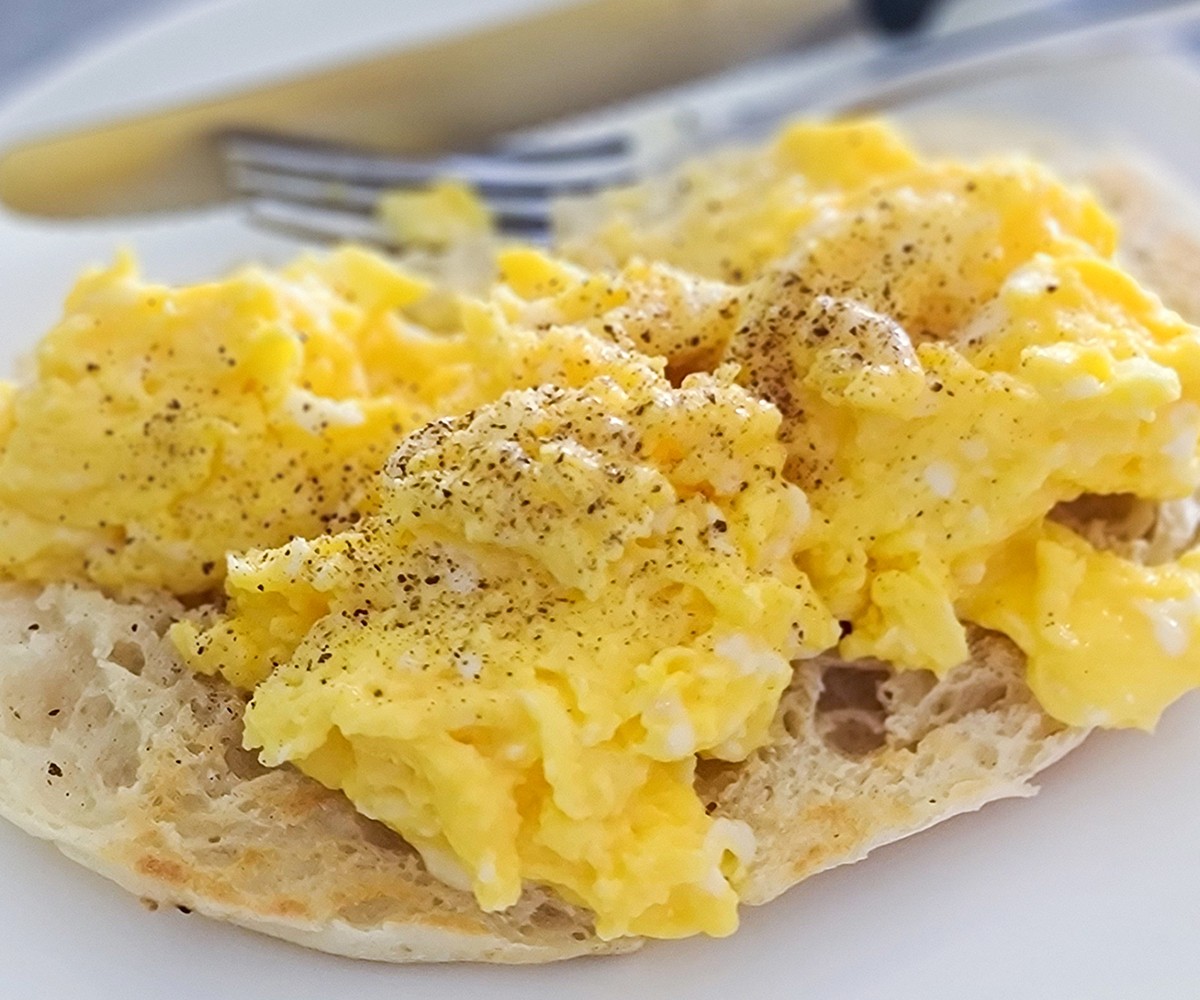
Tips for Hitting Your Protein Goals Naturally
Building a high-protein diet without supplements is doable with a bit of planning. Here are some tips:
- Start your day right: Kick off with a protein-packed brekkie like scrambled eggs or a tofu scramble.
- Snack smart: Opt for protein-rich snacks like nuts or a piece of cheese.
- Plan your meals: Include a variety of protein sources in your meal plan to stay consistent.
- Use protein-packed ingredients: Add cottage cheese, quinoa, and protein-rich veggies to your recipes.
- Stay hydrated: Water aids digestion and helps your body process protein efficiently. Aim for at least 8 glasses a day.
Who Might Still Benefit From Protein Supplements?
Whole foods should come first, but some people might need an extra hand. Elite athletes, people recovering from injury, or those with restricted diets may find supplements useful to consistently meet higher protein requirements. If you’re considering it, chat with a healthcare professional to make sure it suits your needs.
You don’t need a shaker bottle to hit your protein goals. By focusing on whole foods, tailoring your intake to your activity, and mixing both animal and plant sources, you can fuel muscle growth, support recovery, and stay energised naturally.
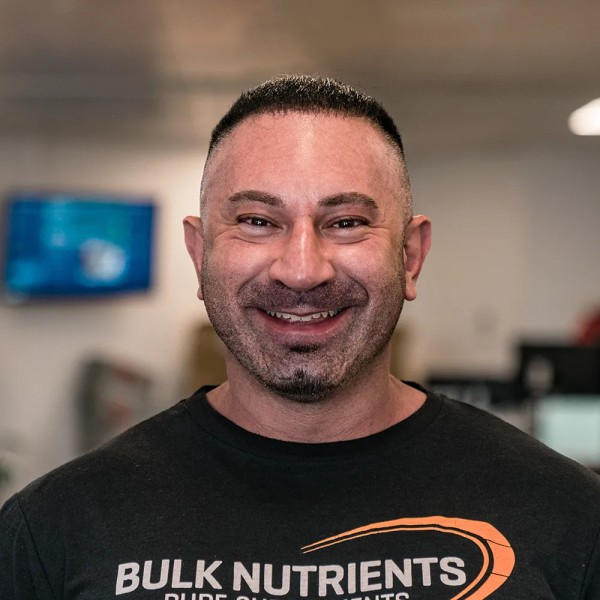
Nick is Bulk's Customer Service team's Technical Support Officer.
Which is our way of saying he's the guy whose job it is to answer your obscenely technical supplement questions.
More about Nick Telesca